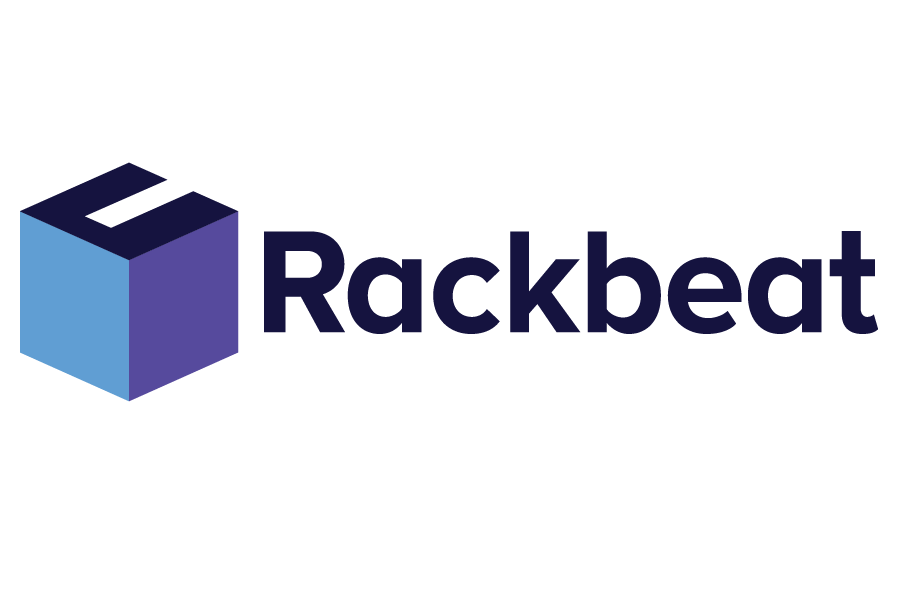Standard vs Custom WMS
By Rackbeat September 27, 2024

What is the difference between a standard WMS and a custom WMS?
The primary differences between a standard WMS and a custom WMS lie in the level of customization, functionality, and associated costs.
A standard WMS is a pre-built solution that comes with a fixed set of features and capabilities. These can include inventory management, picking and packing, purchasing, sales, and shipping. It is designed to meet the general needs of most businesses without requiring extensive customization. The system is used as-is, and you are trained on how to use it according to your business processes.
A custom WMS is a solution tailored to the specific workflows and requirements of a business. It is designed based on your needs and the system will be adapted to fit your exact workflows. This can involve extensive customization and even custom development.
When choosing a WMS, it’s important for many businesses to select a solution that works for their current operations and is also future-proof. It’s helpful to compare the pros and cons of both options and match them against your business’s current and future needs.
Standard WMS
Advantages:
- Quick implementation: Since a standard WMS is already developed and tested, it can be implemented quickly, reducing downtime and operational disruptions.
- Lower cost: Standard WMS solutions are generally cheaper than custom systems because they don’t require extensive development work.
- Reliability: These systems are well-tested and regularly updated, ensuring a high level of stability and security.
- Support and documentation: Many businesses use standard WMS, so there are extensive support options and documentation available.
Disadvantages:
- Limited flexibility: Standard WMS may lack specific features or customizations necessary to meet unique business needs.
- Scalability issues for unique needs: If the company grows to a size where unique workflows are required, or if future plans involve custom workflows, the standard WMS may not scale or adapt to these new needs.
- Compromises: Businesses may have to modify their processes to fit the limitations of the system.
Custom WMS
Advantages:
- High flexibility: A custom WMS can be designed to meet specific requirements and support unique business processes.
- Scalability: These systems can be scaled and adapted as the business grows or changes direction.
- Control over functionality: The business has full control over the features included in a custom WMS. This means only the necessary features are added, and new ones can be added if needed.
Disadvantages:
- Higher costs: Developing and maintaining a custom WMS can be expensive in both time and money.
- Longer implementation time: Customization and development can take significant time, delaying implementation.
- Complex maintenance: Custom systems may require specialized knowledge for maintenance and updates.
When does it make sense to choose a standard WMS vs. a custom WMS?
The right choice of WMS depends on the current needs and workflows of the business as well as future goals. There is no definitive answer to when or who should choose one over the other, but there are general guidelines based on the pros and cons of each solution.
Standard WMS:
- When the business has relatively simple and standardized warehouse processes.
- When quick implementation and lower costs are key factors.
- When the business wants a reliable solution with extensive support.
Custom WMS:
- When the business has complex and unique processes that require custom solutions.
- When flexibility is crucial for the company’s growth and development.
- When the business wants control over functionality and needs certain features.
Choosing between a standard and custom WMS depends primarily on the specific needs of the business, but factors such as budget and future plans can also play a decisive role. By considering the points above, companies can make a decision that supports both their current needs and future plans.
Rackbeat as your WMS solution
Rackbeat is a cloud-based standard WMS solution designed to be flexible and scalable, offering a user-friendly interface and quick implementation.




